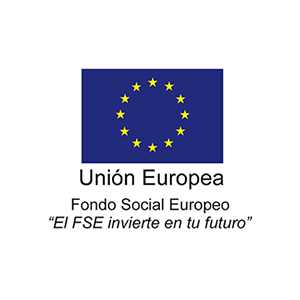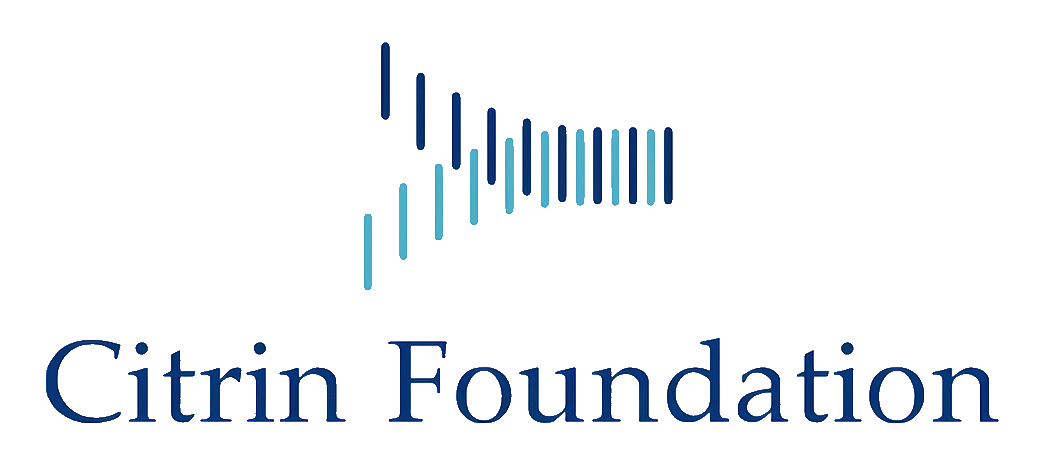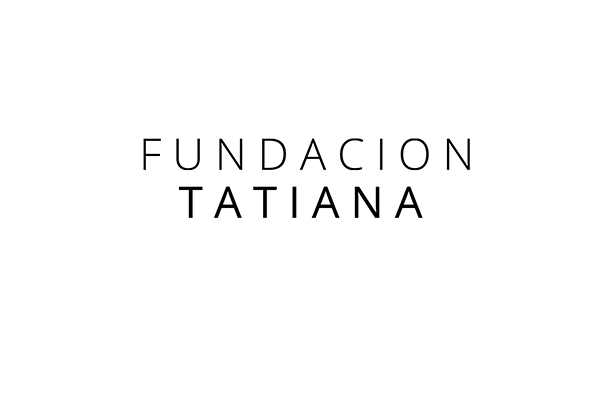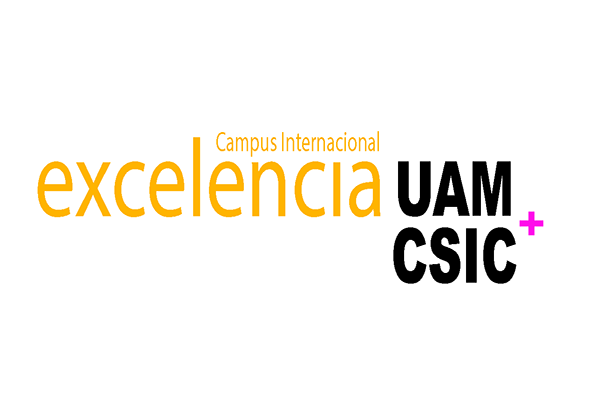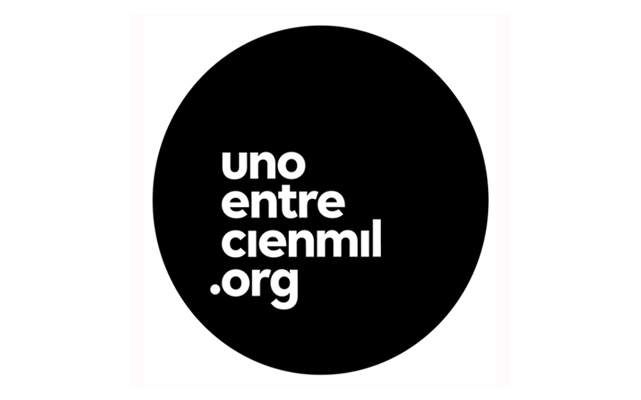Extracellular matrix remodeling in the cardiovascular system
Research summary:
Proper synthesis and assembly of extracellular matrix components is essential to provide cells and tissues with their biological and biomechanical properties, a circumstance particularly relevant in the cardiovascular system. Lysyl oxidases (LOX) catalyze the initiation step in the formation of covalent cross-links in fibrillary collagens and elastin, and thereby they constitute a family of enzymes essential for the stabilization and maturation of the extracellular matrix. In our group, we investigate the molecular mechanisms regulating the expression and activity of LOX enzymes, as well as their pathophysiological relevance in the development of cardiovascular diseases.
Within this context, in the last years the group has explored various research lines including the role of LOX in the development of cardiovascular diseases, particularly in the formation of aneurysms in Marfan syndrome and in the heart response to myocardial infarction, where the expression of these enzymes has been shown to have an opposing role in disease progression. In addition, we have been interested in the potential biotechnological applications of the knowledge of the biology of LOX proteins. To this respect, we have implemented protocols to enhance the efficiency of the deposition of collagen from cell cultures for their use in the generation of matrices suitable for tissue repair in bioengineering. Additionally, we investigate the evolutive history of the members of the LOX family, with particular emphasis in their capacity to crosslink collagen and elastin, as an approach to infer their biochemical and structural features. Very recently, we have opened a new line of research dealing with the regulation of LOX enzymatic activity by proteolysis, where our current study intends to identify proteases processing LOX isoforms as well as to analyze the contribution of these proteolytic events to their biological role.

Lysyl oxidase (LOX) inhibition induces ascending aortic dilatation in Marfan mice. (A) Ascending aortic diameter as measured by echocardiography prior to the beginning of the treatment (baseline), and 4 and 8 weeks after the administration of the LOX inhibitor, b-aminopropionitrile (BAPN), or placebo in Marfan mice. Values are means + SEM. *P<0.05. (B) Gross morphology of representative aortas of mice treated with placebo or BAPN during 8 weeks.
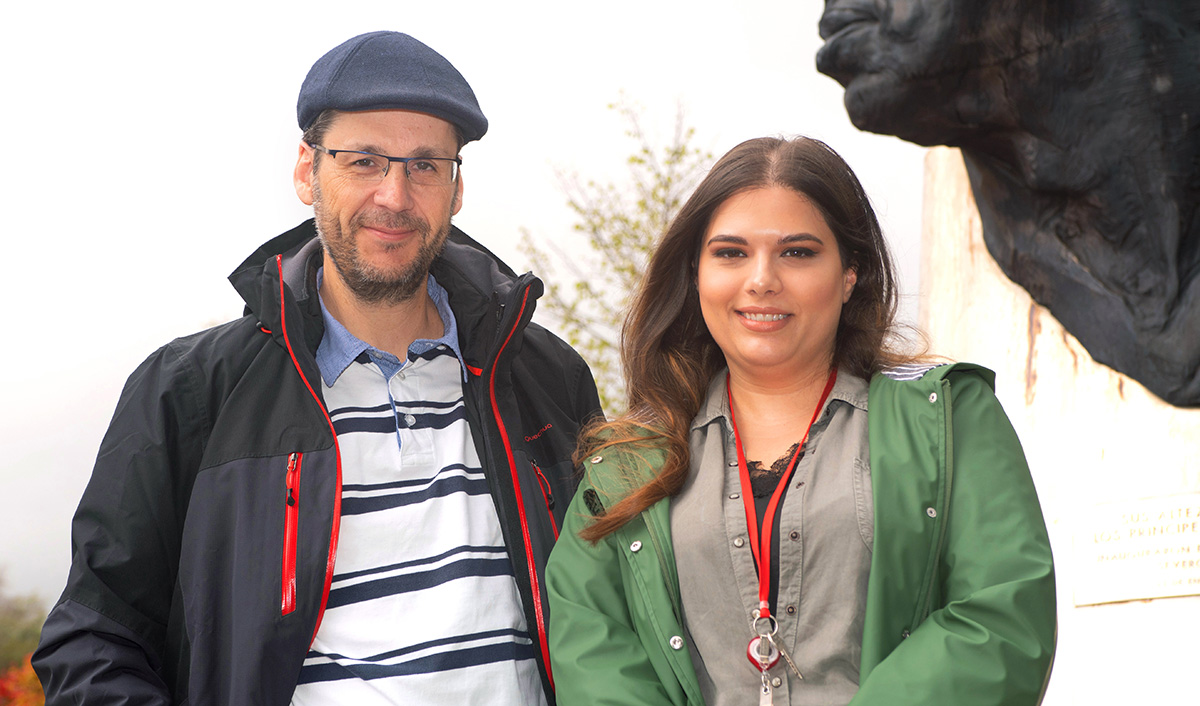
| Last name | Name | Laboratory | Ext.* | Professional category | |
|---|---|---|---|---|---|
| Jiménez Sánchez | Raquel | 103 | 4456 | rjimenez(at)cbm.csic.es | M1 |
| Navarro Gutiérrez | Marta | 103 | 4505 | marta.navarro(at)cbm.csic.es | M3 Predoc.formación |
| Rodríguez Pascual | Fernando | 103 | 4505 | frodriguez(at)cbm.csic.es | E.Científicos Titulares de Organismos Públicos de Investigación |
| Romero Albillo | Verónica | 103 | 4505 | vromero(at)cbm.csic.es | M2 |
Relevant publications:
- Rodríguez-Pascual, F. How evolution made the matrix punch at the multicellularity party (2019) Journal of Biological Chemistry, 294 (3), pp. 770-771.
- Rosell-García, T., Palomo-Álvarez, O., Rodríguez-Pascual, F. A hierarchical network of hypoxia-inducible factor and SMAD proteins governs procollagen lysyl hydroxylase 2 induction by hypoxia and transforming growth factor β1 (2019) Journal of Biological Chemistry, 294 (39), pp. 14308-14318.
- Rosell-García, T., Paradela, A., Bravo, G., Dupont, L., Bekhouche, M., Colige, A., Rodriguez-Pascual, F. Differential cleavage of lysyl oxidase by the metalloproteinases BMP1 and ADAMTS2/14 regulates collagen binding through a tyrosine sulfate domain (2019) Journal of Biological Chemistry, 294 (29), pp. 11087-11100.
- Rosell-Garcia, T., Rodriguez-Pascual, F. Enhancement of collagen deposition and cross-linking by coupling lysyl oxidase with bone morphogenetic protein-1 and its application in tissue engineering (2018) Scientific Reports, 8 (1), art. no. 10780, .
- Rodriguez-Pascual, F., Rosell-Garcia, T. Lysyl Oxidases: Functions and Disorders (2018) Journal of Glaucoma, 27, pp. S15-S19.
- Rodriguez-Pascual, F., Slatter, D.A. Collagen cross-linking: Insights on the evolution of metazoan extracellular matrix (2016) Scientific Reports, 6, art. no. 37374, .
- González-Santamaría, J., Villalba, M., Busnadiego, O., López-Olañeta, M.M., Sandoval, P., Snabel, J., López-Cabrera, M., Erler, J.T., Hanemaaijer, R., Lara-Pezzi, E., Rodríguez-Pascual, F. Matrix cross-linking lysyl oxidases are induced in response to myocardial infarction and promote cardiac dysfunction (2016) Cardiovascular Research, 109 (1), pp. 67-78.
- Busnadiego, O., Gorbenko del Blanco, D., González-Santamaría, J., Habashi, J.P., Calderon, J.F., Sandoval, P., Bedja, D., Guinea-Viniegra, J., Lopez-Cabrera, M., Rosell-Garcia, T., Snabel, J.M., Hanemaaijer, R., Forteza, A., Dietz, H.C., Egea, G., Rodriguez-Pascual, F. Elevated expression levels of lysyl oxidases protect against aortic aneurysm progression in Marfan syndrome (2015) Journal of Molecular and Cellular Cardiology, 85, pp. 48-57.
- Grau-Bové, X., Ruiz-Trillo, I., Rodriguez-Pascual, F. Origin and evolution of lysyl oxidases (2015) Scientific Reports, 5, art. no. 10568, .
- Busnadiego, O., González-Santamaría, J., Lagares, D., Guinea-Viniegra, J., Pichol-Thievend, C., Muller, L., Rodríguez-Pascual, F. LOXL4 is induced by transforming growth factor β1 through Smad and JunB/Fra2 and contributes to vascular matrix remodeling (2013) Molecular and Cellular Biology, 33 (12), pp. 2388-2401.

